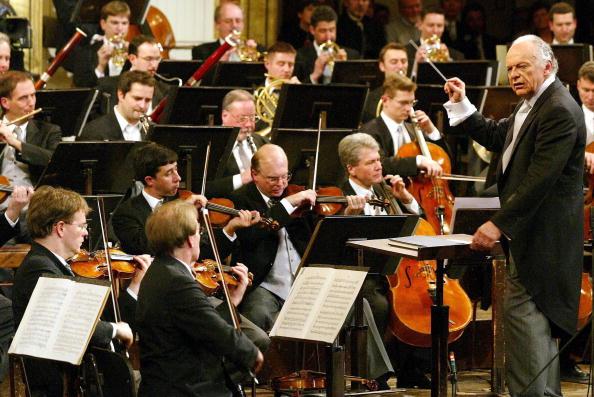For classical music lovers, being able to stream live concerts on social media platforms is a welcome convenience in a busy world. But nothing beats the in-person experience. For city dwellers, a night out to see the orchestra is a relaxing and relatively inexpensive outing. Those living in New York, London, or Paris are lucky in having easy access to top talent.
Few orchestras employ better talent than the Vienna Philharmonic. Consistently ranked as one of the very best in the world, after more than 180 years of existence it is also one of the oldest. Its legendary “Viennese sound” has been analyzed to death: Is it the particular instruments that make it so unique for listeners? Or the special training its musicians receive? Or the acoustics of its main concert hall, the Vienna Musikverein? Theories abound, but the answer remains mysterious.





